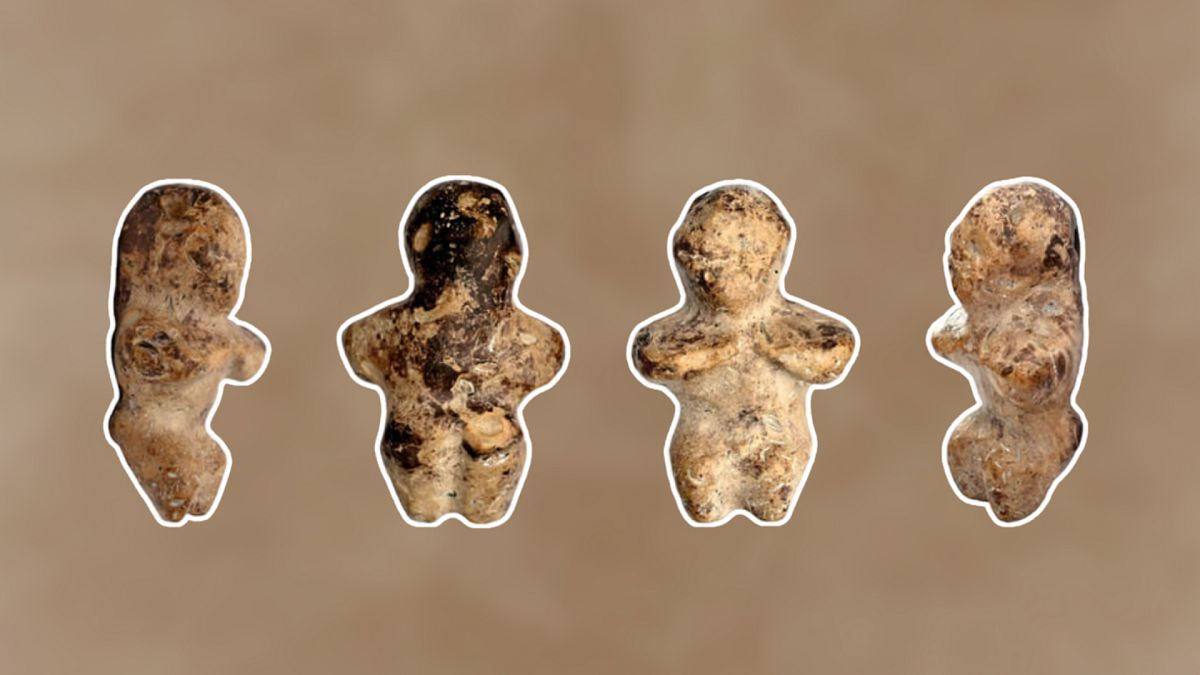

A remarkable find in Poland and rapidly evolving job landscapes in Europe offer a fascinating glimpse into humanity’s past and future. Amidst the dynamic changes sweeping through the continent, both archaeology and technology reveal groundbreaking developments that continue to shape our understanding and our work lives.
In the heart of Poland’s Pomerania region, a modest but significant archaeological find is capturing the attention of scientists worldwide. Discovered within the waters of the Parsęta River, a limestone figurine, known now as “Kolobrzeg’s Venus,” emerges as a sensational “discovery of the century”. This 6,000-year-old artifact, although simple at first glance, lacks defined human features like eyes, a nose, or a mouth, yet it commands a fascinating narrative about ancient Europe. Scholars view it as a key piece that could potentially unravel new aspects of Poland’s prehistoric culture. The figurine’s eroded surface suggests it has been shaped naturally by river waters over millennia, further enhancing its mystique and the insights it may hold.
As Europe looks back at ancient human expressions, it simultaneously strides forward into the technological future. In recent years, job postings referencing generative artificial intelligence (GenAI) have spiked across the continent, marking a significant shift in employment patterns. This trend reflects the growing importance of AI-driven solutions in various sectors, offering a plethora of opportunities for growth and innovation. Leading this wave are a number of European countries, setting the pace for others to follow.
Despite the surge in demand for GenAI skills, experts emphasize that human intelligence holds an indispensable role in today’s workplace. They highlight the irreplaceable human capacity for creativity, critical thinking, and emotional intelligence as vital counterparts to technological advancements. As organizations integrate GenAI into their operations, a harmonious balance between technology and human insight remains crucial, ensuring that innovation does not overshadow the intrinsic value of human contributions.
The juxtaposition of these stories—the discovery of “Kolobrzeg’s Venus” and the rise in GenAI job opportunities—offers a moment of reflection on the enduring journey of human progress. From the mysteries of past civilizations to the possibilities of future technology, Europe stands at a crossroads of profound transformation. Each step we take, whether unraveling the past or embracing the future, illuminates the path forward in understanding humanity’s unique place within the world.
While Kolobrzeg’s Venus is meticulously studied, its silent form whispers the tales of ancient communities, and concurrently, GenAI reshapes workplaces, prompting reconsiderations of roles and skills. Together, these narratives encourage an acknowledgment of history and an anticipation of technological evolution, both essential in crafting an inclusive and forward-thinking global community.
Source: {link}
